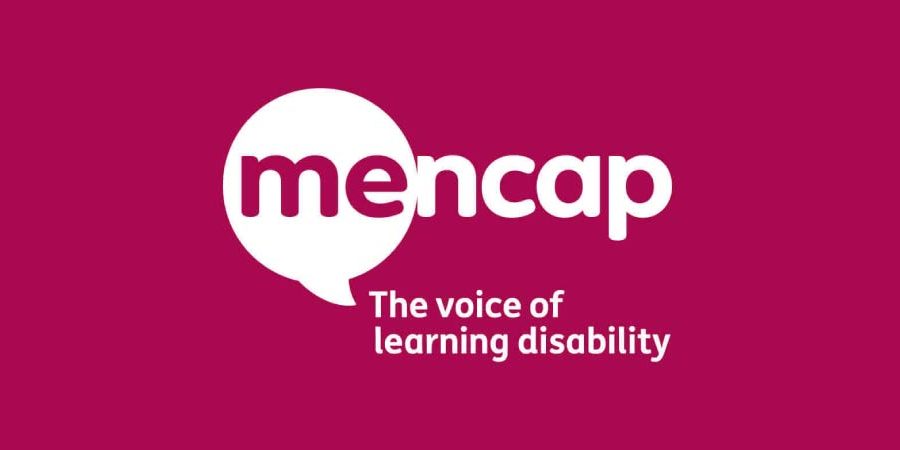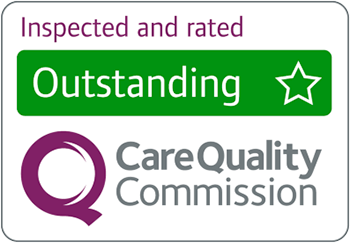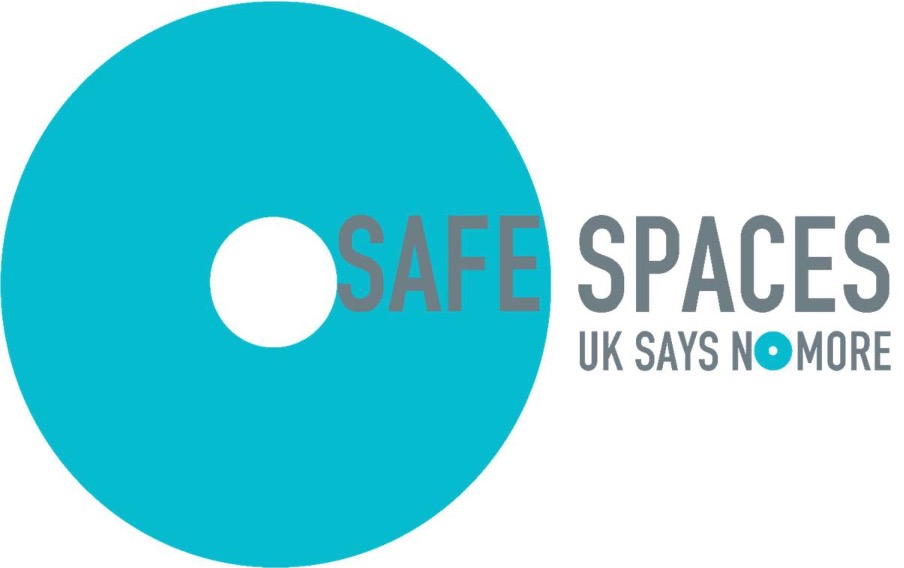- Carers available now
We care for the person, not the condition
Supporting independence is at the heart of our learning disability care.
We provide expert care for people aged over 18 with learning disabilities, so they can enjoy independence, freedom and choice.
For many people, a live-in carer is a key factor in being able to live the life they want and the chance to remain in their own home rather than in an institution or in group housing. With this in mind we have designed the home care we provide for people with a learning disability to be a partnership between individuals, carers and families. It allows clients to have as much control over their lives as possible
We invest heavily in our learning disability carer training, placing a big emphasis on understanding the person behind the disability. Christies Care never labels people by their condition; we provide person-centred care for each individual, not their condition.
Looking for care advice?
The world of care can often seem daunting and complex – we’re here to be help you through it.
Christies Care in action - real life stories
Neil’s story
Neil has Down’s Syndrome and is 55. Before Neil became our client, he had lived with his mother all his life. Eventually, she developed Alzheimer’s disease and this got so bad that she had to go to a nursing home.
Neil wanted to carry on living in the house he grew up in, so he had carers from Christies Care. We soon learned that he had very few life skills and very little independence, because his mother had done absolutely everything for him.
Neil’s regular team of carers worked very closely with his social worker, his psychologist, his support worker and the team at his local Mencap to teach him life skills, enabling him to be more independent. In three years, Neil’s progress has been remarkable. He is learning to cook and his biggest achievement is that he now goes out, alone, on the Underground, whenever he wants, without getting lost.
Neil has direct payments and a support worker visits once a week to check his bills.
Sara’s story
Sara’s story is a typical one. Helen, Sara’s sister, knew that Sara didn’t want to live in an institution, or in ‘group housing’ – especially somewhere far away from her family. Sara should be able to live near her family, in her own home.
Sara needs 24-hour care and because she cannot communicate verbally, she needs carers she knows well who know how to interpret her non-verbal signals. Sara now lives about a mile or so from her sister. She has her own house and every weekday goes out to the day centre – where the staff who know her well can support her, and she can learn and enjoy herself.
Her care comes from a regular team of Christies Carers, who are known and liked by Sara and her sister.
How we care for our clients
Our live-in carers support clients so they can achieve their goals and live a full and purposeful life, by:
- Working with other care services to provide positive behavioural support and to learn new concepts.
- Encouraging independence whilst maintaining safety.
- Focusing on the positives, what a client can do, not what they can’t do.
- Providing help to break down barriers and access community services.
Our carers also help our clients to create and update their hospital passport. This guide to the client’s life advises medical staff on how to avoid distressing their patient, what their likes and dislikes are, and contains any important medical information. It’s a document created in response to the ‘Death by Indifference’ report into the medical treatment of people with a learning disability.

Getting started is simple
From first contact to the relief of having someone give outstanding care

STEP ONE
Speak to one of our care experts
One of our friendly customer care team will take the time to get to know you and find out your requirements so we’re able to recommend the best care options for you.

STEP TWO
Get a personalised care plan
We don’t believe in a one-size-fits-all way of working. Every person is an individual, and so we make sure their care plan is individual too.

STEP THREE
Our care, your peace of mind
Relax, knowing you have the best Carers in place to give the support you need.






